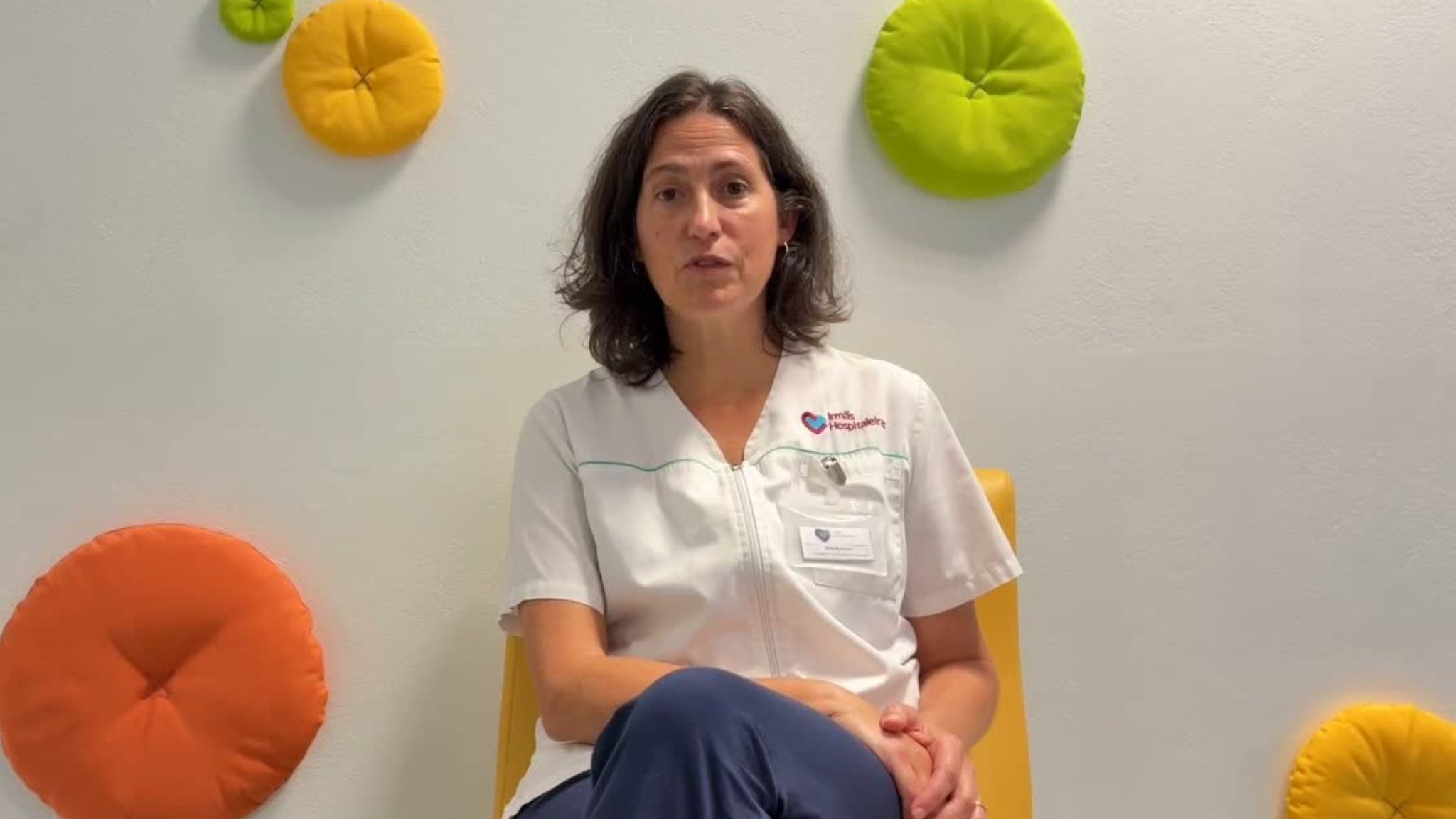Researchers from FIDMAG Sisters Hospitallers and the Mental Health area of the CIBER (CIBERSAM) have carried out an innovative multicentre study in the Sisters Hospitallers’ network of hospitals in Spain. The results, published in the prestigious journal Schizophrenia Bulletin, show that the use of advanced artificial intelligence algorithms makes it possible to achieve 70% accuracy in distinguishing between the fingerprints of people with schizophrenia and those of healthy people.
This finding could revolutionise the early diagnosis of schizophrenia, as fingerprints are stable throughout life and develop at the same embryonic stages as the central nervous system. The ability to detect schizophrenia risk through a method as accessible as fingerprinting could facilitate early interventions and improve treatment outcomes.
Advances in artificial intelligence and multi-centre studies
Recent advances in artificial intelligence, namely deep learning, have made it possible to analyse fingerprint patterns in all their complexity. However, the implementation of these techniques requires large volumes of data. For this reason, FIDMAG Sisters Hospitallers and CIBERSAM have coordinated a multicentre study that has made it possible to collect the fingerprints of nearly 1,700 people, 700 of whom are patients with schizophrenia.
This advance reflects the commitment of Sisters Hospitallers and FIDMAG to innovation in mental health, using tools such as artificial intelligence to develop practical and effective solutions in the diagnosis and treatment of serious mental disorders.



